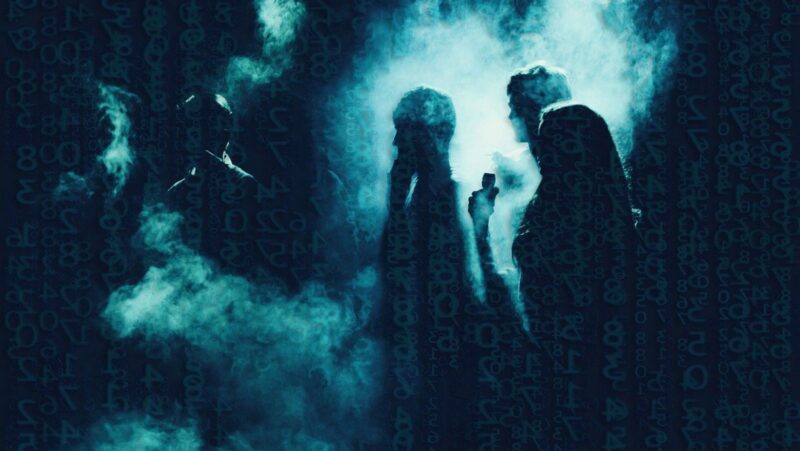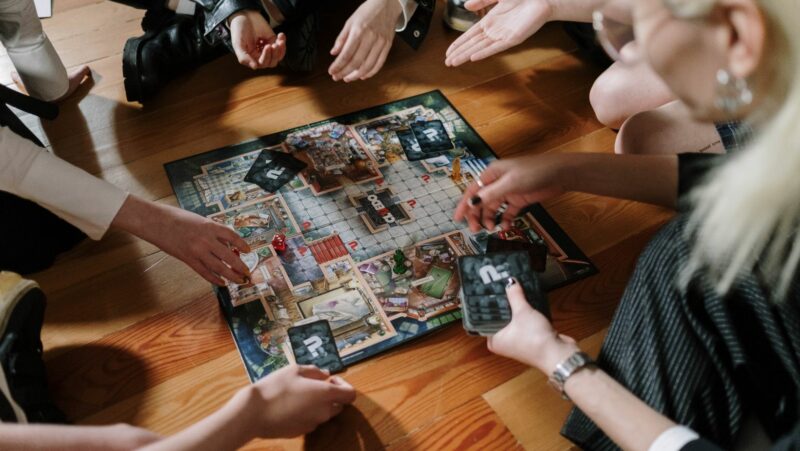
The US-China trade war has made it difficult for Disney to release its movies in China. This is a microcosm of the larger battle between the two countries, and how each country’s respective industries have been affected by this conflict.
Disney is having a difficult time releasing movies in China. The country has many restrictions on what can be shown, and Disney’s films are not allowed to be shown without approval. Read more in detail here: upcoming disney plus movies.
In the Middle Kingdom, the Magic Kingdom is having difficulties.
Three Walt Disney Co. DIS -0.55 percent films aimed at the Chinese box office have been involved in political issues in the last year or two, disrupting a decade of unparalleled success in the market for the world’s biggest entertainment business.
The Marvel film “Eternals” is set for release in early November, but distribution officials say its release in China is unclear since its Chinese director, Oscar winner Chloé Zhao, was recently chastised for remarks she made about the nation in 2013.
Subscribe to our newsletter
The tenth point.
Every day, a customized, guided tour of The Wall Street Journal’s greatest scoops and articles.
This comes on the heels of an unexpected narrative twist in “Shang-Chi and the Legend of the Ten Rings,” the first Marvel Studios epic to feature a main Asian superhero, which is failed to get a Chinese release weeks after its record-breaking worldwide premiere. The problems began when “Mulan,” which was scheduled to be released in 2020, was delayed by reports that it had deployed film crews to a contentious region, as well as viewer concerns about historical errors.
All three films were made at a time when China’s box office potential appeared unlimited. They’ve now become a symbol of rising tensions between the entertainment industry and Chinese censors, as well as an indication of how much China’s attitude toward Western entertainment has shifted in the last year.
Doing business in China means never being distant from Chinese politics, a fact that Disney and the rest of the entertainment industry are relearning as the global theatrical market opens and Covid-19 fades. In the 1990s, the country moved from being entirely cut off from Western entertainment to being its most significant foreign market.
Hollywood executives are now witnessing increased scrutiny of Western influence by Chinese audiences, Chinese officials’ preference for local releases, and an industry-wide crackdown overseen by President Xi Jinping, all of which have the potential to jeopardize any Hollywood export that contains a whiff of criticism of the country.
According to a source acquainted with the situation, Disney has sent unreleased films to Chinese authorities for assessment, but has yet to hear back on many of them, including “Eternals.”
In China, the Disney films join a slew of other films in limbo. “Dune” and “No Time to Die,” the latest James Bond film, are two of the few significant contemporary Hollywood films to be released there in October. Months have passed with no news on other 2021 blockbusters, like as Disney’s “Black Widow,” which has been widely pirated in China.
The Wall Street Journal’s Jonathan Cheng explains why Disney’s adaptation of ‘Mulan,’ a picture designed to satisfy audiences in the world’s second-largest movie market, encountered difficulties in China.
“Space Jam: A New Legacy” and “Snake Eyes,” two more big titles aimed at Chinese consumers, have yet to be published. According to distribution executives, censors have yet to analyze titles that have been out for months. According to executives working in China, several of the films that have been released in the nation, such as “Free Guy” and “Cruella,” were authorized with as little as two or three days’ notice to the studios. According to distribution executives, China’s film bureau recently reshuffled, further delaying judgments.
In recent months, Chinese officials have banned Western imports during the week of national holidays, a common practice that enables the Chinese government to guarantee that viewers watch local films on Communist Party milestone anniversaries. The Chinese military epic “The Battle at Lake Changjin” earned over $200 million in its first weekend, more than double the amount of the No. 1 U.S. film, “Venom: Let There Be Carnage,” in its home market.
Disney and other studios may lose hundreds of millions of dollars in box office receipts, as well as Chinese fans who may lose interest in the Marvel superhero franchise if they can’t watch flicks like “Shang-Chi” and “Eternals.”
Disney is still the studio with the greatest money in China. After years of lobbying, Disney built Shanghai Disney Resort in 2016, a $5.5 billion theme park that was one among the first to reopen when the Covid-19 epidemic subsided, giving Disney with park income while its U.S. sites remained closed. “Avengers: Endgame,” a Marvel blockbuster released in 2019, is still the highest-grossing American picture in Chinese cinemas.
“Shang-Chi” was intended to have everything for everyone, with a Chinese-led ensemble and a Hollywood-level extravaganza. While it has done well enough in the United States to become the highest-grossing film since the epidemic, it has yet to be released in China.
Despite the fact that the Chinese censors never remark on their decisions, Hollywood insiders have one theory: Online sleuths in China recently unearthed remarks made by the film’s main actor, Simu Liu, in 2017, in which he disparaged China as a nation where people starve to death.
In June, nearly a year after the epidemic ended, Disney’s Shanghai resort celebrated its fifth anniversary.
Qilai Shen/Bloomberg News photo
Mr. Liu’s representative did not reply to a request for comment.
According to executives who work in China, such nationalism has permeated the country’s entertainment sector, where filmmakers are regularly recruited to produce propaganda films and urged to publicly proclaim their support for the government. Chinese performers who formerly had dual citizenship in other nations have lately abandoned it, vowing exclusive support for China. That was the situation with Nicholas Tse, a Hong Kong actor who just gave up his Canadian citizenship. Some A-list actors have been refused jobs and their names have been removed off the internet after running afoul of Communist Party authorities.
Last year, during her Oscar campaign for directing “Nomadland,” filmmaker Chloé Zhao was embroiled in a similar scandal fueled by nationalism. When Ms. Zhao, the daughter of a Chinese businessman who studied in the United States, began to achieve success in the American film industry, she was dubbed the “pride of China” by official media.
Ms. Zhao’s comments in a 2013 interview about China being a country with “falsehoods everywhere” led state authorities to remove her off the Chinese internet. Her ultimate Oscar victory—”Nomadland” won best film, and she won best director—wasn’t reported by Chinese media, and news of the victories couldn’t be found on the Chinese internet.
Ms. Zhao’s representative did not reply to a request for comment.
When it comes to casting movies, Disney and other companies have a difficult task, since Chinese feedbackers seem to have expanded the definition of what they deem objectionable. Mr. Liu made his comments while working on television two years before he was cast as Shang-Chi. Ms. Zhao made her remarks as a little-known indie filmmaker, not as a director for Hollywood’s largest company.
Action, action, action, action, action, action, action, action, action, action
More WSJ coverage on the film industry, hand-picked by the editors
Erich Schwartzel can be reached at [email protected].
Dow Jones & Company, Inc. All Rights Reserved. Copyright 2021 Dow Jones & Company, Inc. 87990cbe856818d5eddac44c7b1cdeb8













